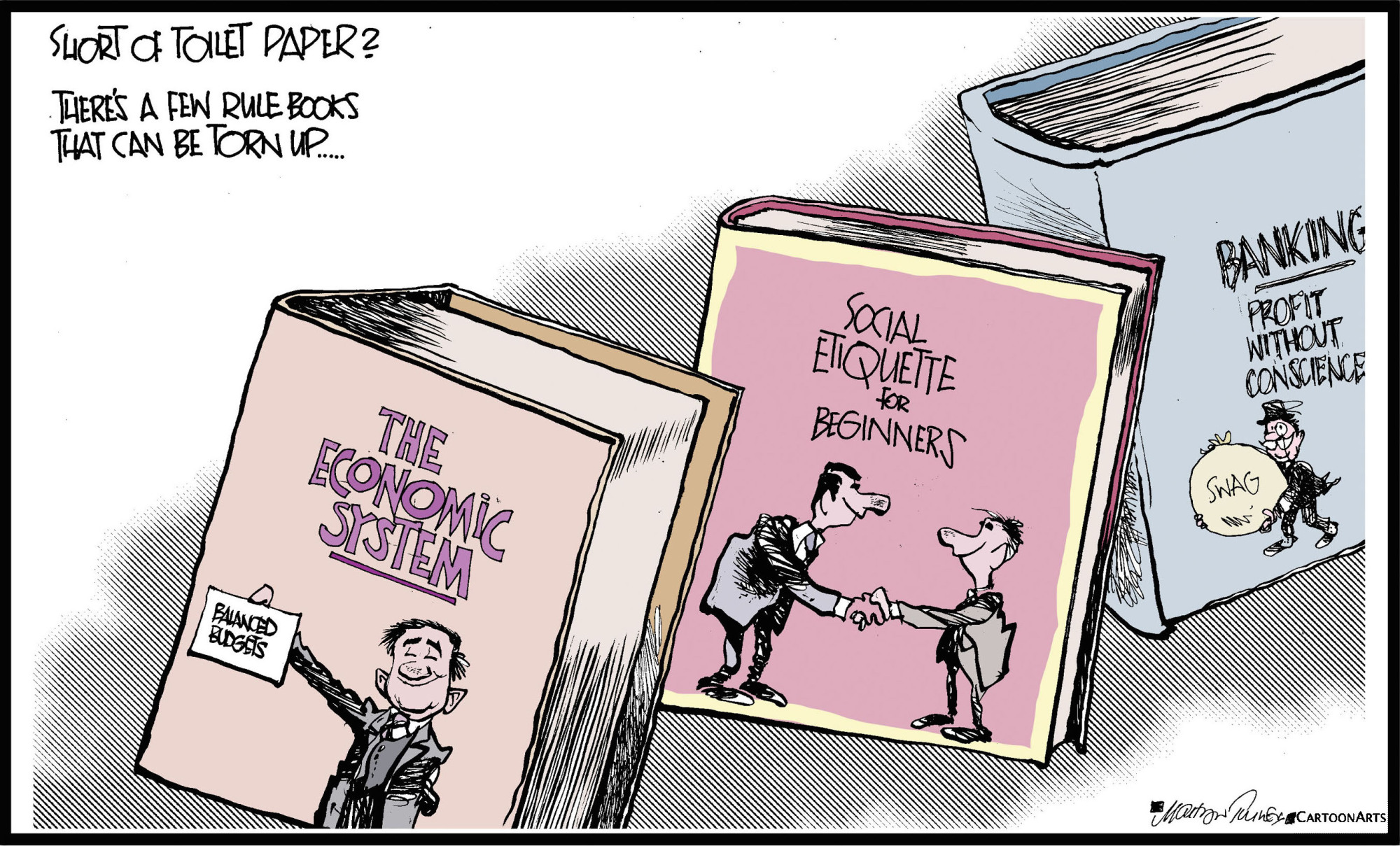When my local supermarket opened for business at 6 a.m. the other day, I had my plan of action in place. The instant the door was unlocked, I hurried to the pharmacy aisle, where I found, to my surprise and delight, three bottles of rubbing alcohol.
But now I faced a puzzle. Should I play homo economicus and buy them all? Should I follow the Lockean proviso and leave as much and as good in common for others? Torn by competing priorities, I bought two of the three bottles, leaving the third for the next customer. Did I do wrong? I'm not sure. Shopping is tricky these days.
The question of how much to take and how much to leave is only one obvious ethical challenge we face as we navigate shopping during the present crisis. There are plenty of others. For example, many consumers who are sheltering in place have come to start depending on deliveries for food and other household items. Experts are of the view that having food delivered is safer than risking a trip to the store — safer, that is, for the person placing the order. But the buyer's safety is earned by transferring the risk to the person making the delivery. Recently an article in Wired asked why it's right for us to protect ourselves while allowing poorly paid delivery people to risk illness.


















With your current subscription plan you can comment on stories. However, before writing your first comment, please create a display name in the Profile section of your subscriber account page.